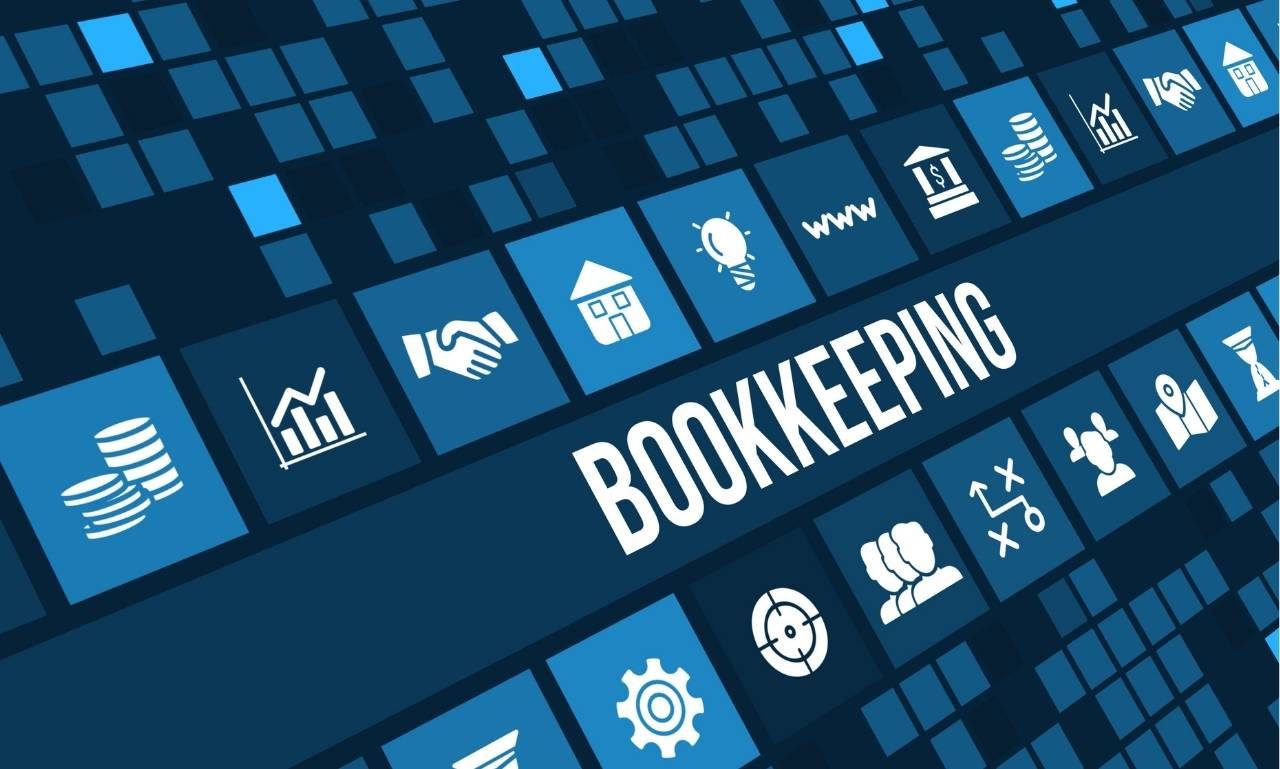Are you dreaming of financial freedom but feel stuck because you lack bookkeeping experience? I get it. Starting a bookkeeping business might seem overwhelming when you're starting from scratch. But here's how you can start a bookkeeping business with no experience.
Can I start a bookkeeping business with no experience?

Yes, you absolutely can start a bookkeeping business without prior experience. I've seen countless success stories of people who started just like you. Take Sarah from Michigan, who transitioned from retail to running her six-figure bookkeeping business in 18 months. The key? Following a structured approach and being willing to learn.
How to start a bookkeeping business in 15 steps
1. Start with a business plan
Your business plan is your roadmap to success. A solid plan helps you secure funding and stay focused on your goals. Start by outlining your startup costs, pricing strategy, and financial projections for the first two years. Include market research about local businesses in your area that need bookkeeping services.
2. Earn your certifications
You don't need a degree to become a successful bookkeeper. However, certifications boost your credibility and knowledge base significantly.
Bookkeeper certifications
The American Institute of Professional Bookkeepers (AIPB) offers a nationally recognized certification program. The National Association of Tax Professionals (NATP) provides additional credentials to set you apart from competitors.
Software certifications
QuickBooks ProAdvisor certification is essential in today's market. FreshBooks and Xero also offer valuable certification programs that can expand your service offerings.
3. Choose a business structure
Your business structure affects everything from taxes to personal liability. Most new bookkeepers start as sole proprietors due to simplicity. However, forming an LLC provides better protection for your personal assets.
4. Find your niche
Specializing in a specific industry or service type makes marketing easier and commands higher rates. Consider focusing on e-commerce businesses, real estate companies, or nonprofit organizations. Your unique background might give you insights into particular industries.
5. Find your unique value proposition (UVP)
Your UVP sets you apart from other bookkeepers. Maybe you offer 24/7 support, specialize in specific software, or provide bilingual services. Think about what makes your service unique and valuable to potential clients.
6. Define your target market
Know exactly who you want to serve. Small businesses with revenues between $100,000 and $1 million often need professional bookkeeping help but can't afford full-time staff. Research your local market and identify underserved business segments.
7. Pick your business name
Choose a name that reflects professionalism and your services. It should be memorable and available as a domain name. Check your state's business registry to ensure it's not already taken.
8. Design your service menu
Start with essential bookkeeping services and add premium options as you gain experience. Consider offering monthly packages that combine different services. Price your services competitively but don't undervalue your work.
9. Get your bookkeeping software
Invest in professional-grade software that can handle multiple clients. QuickBooks Online Accountant provides free access to QuickBooks Online for your practice. Consider additional tools for time tracking and client management.
10. Finances
Calculate your startup costs carefully. Including software subscriptions, certification fees, and marketing expenses. Set aside enough money for at least six months of operating expenses. Track every business expense from day one.
11. Insurance

Protect your business with professional liability insurance. Errors and omissions insurance is crucial for bookkeepers. Shop around for coverage that fits your specific needs and budget.
12. Paperwork and other procedures
Getting your business documentation right from the start creates a strong foundation. Many new bookkeepers rush through this step, but proper paperwork protects your business and builds client trust.
Register your business name
Your business name registration process varies by state. Most states require a business name search through the Secretary of State website. Filing a DBA costs between $25 and $100 in most states. Submit your paperwork early, as processing can take 2-4 weeks.
Apply for an EIN
Your EIN serves as your business's tax ID number. Apply online through the IRS website for instant approval. Save your EIN confirmation letter immediately. You'll need this nine-digit number for tax returns, bank accounts, and client tax forms.
Obtain any needed permits or licenses
Contact your local Chamber of Commerce about specific requirements. Many cities require a general business license, and some states need additional permits for financial services. Budget $100-300 for local permits and renew them annually.
Open a business bank account
Research business checking accounts that offer free transactions and low minimum balances. Look for banks offering free ACH transfers and integration with accounting software. Chase and Bank of America provide special perks for new business accounts.
Get a business credit card
Start with a card offering 0% APR for 12-15 months. American Express Blue Business and Chase Ink Business cards work well for bookkeepers. Keep your credit utilization under 30% to build a strong business credit profile.
13. Prepare for employees
Think about growth from day one. Most successful bookkeeping businesses hire their first employee within two years. Create an operations manual documenting every step of the process.
Start with clear job descriptions for future roles. Your first hire might be a junior bookkeeper or administrative assistant. Research competitive salaries in your area. Set aside 25-30% of revenue for future payroll expenses.
Create templates for employee onboarding and training. Write procedures for client handoffs and quality control. Use tools like Loom to record training videos for common tasks. Set up a payroll system before you need it.
14. Marketing

Your marketing plan should focus on consistent client acquisition. Successful bookkeepers typically spend 20-25% of their time on marketing activities.
Your website
Build a professional website with clear service packages and pricing. Include a blog with helpful content about tax deadlines and financial tips. Add case studies showing how you've helped similar businesses. Make sure your site works well on mobile devices.
Email marketing
Start with an email welcome sequence for new subscribers. Send monthly newsletters with business tax tips and updates. Use tools like MailerLite or ConvertKit for automation. Track open rates and adjust your content accordingly.
Social media
Post regularly on LinkedIn with industry insights and client success stories. Share daily bookkeeping tips on Twitter. Join Facebook groups where your target clients hang out. Create short educational videos for Instagram and TikTok.
Google My Business
Post weekly updates about your services and helpful tips. Respond to all reviews within 24 hours. Add photos of your workspace and team. Include your service area and business hours. Use Google Posts to share news and special offers.
Word-of-mouth
Join your local Chamber of Commerce and attend monthly meetings. Partner with CPAs and tax preparers for client referrals. Offer existing clients a referral bonus for new business. Host workshops for local business owners.
15. Continue your education
The bookkeeping field changes rapidly with new tax laws and technology. Set aside $2,000-3,000 annually for professional development. Take advanced courses in specialized areas like nonprofit accounting or forensic bookkeeping.
Join the American Institute of Professional Bookkeepers (AIPB) for ongoing training. Attend virtual conferences like QuickBooks Connect and Scaling New Heights. Subscribe to industry publications like the Journal of Accountancy. Network with other bookkeepers through local meetups and online forums.
Conclusion
Starting a bookkeeping business without experience is challenging but absolutely achievable. Focus on learning, building relationships, and delivering excellent service. Remember, every expert started as a beginner. Take it one step at a time and make a successful bookkeeping business.
Also Read: How to Make Money During the Summer: 15 Easy Ways




